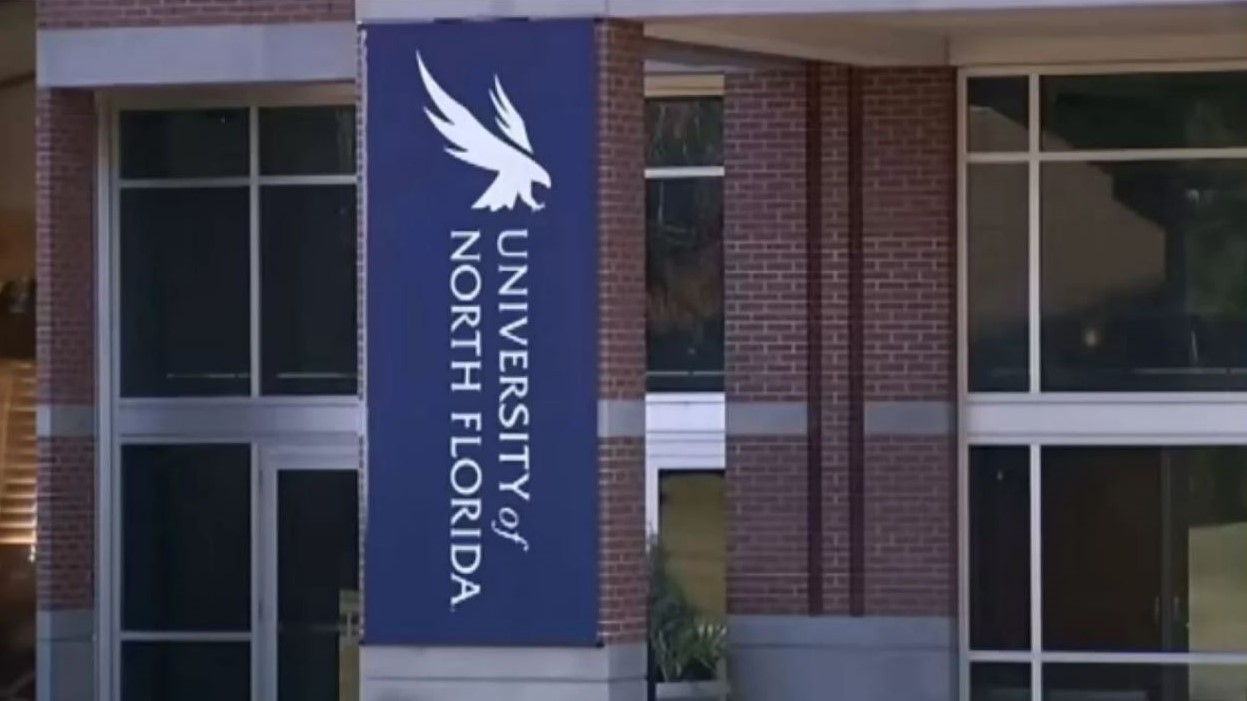The University of North Florida has reached an agreement with its teachers union over the thorny issue of post-tenure reviews for long-time professors, a new process required by the state.
The agreement was reached as both sides met Wednesday, only a week and a half after union members told UNF trustees that reviewing the performance of tenured professors was an assault on higher education that could accelerate “the ongoing exodus” from UNF.
In a statement issued late Wednesday to the faculty, UNF President Moez Limayem said the United Faculty of Florida had accepted the university’s post-tenure review procedure, subject to a final review. That means that “we are now in agreement” on how to implement it after what he said had been a difficult few weeks.
“For months, we have carefully considered feedback from our faculty, our chairs, our deans and others. Over the past couple of weeks, in particular, I have been talking frequently with many of you and listening to your thoughts on how UNF should implement this requirement of the Florida Legislature and the Board of Governors,” Limayem’s statement said. “Throughout the process, we have exercised discretion to the extent permitted under the law to add safeguards that give faculty a fair and transparent process.”
The agreement has eased some of the tenured professors’ concerns, said Mike Binder, the faculty representative on the UNF board of trustees and the lone “no” vote when that body approved the new rules mandated by the state.
“The fact that there is some agreement with the union; we are the only state university that has that at this point, so that’s a positive for faculty,” Binder said. “The things coming out of Tallahassee over the last couple of years have been antagonistic toward faculty and seem to be working from the perspective that faculty are these lazy entitled people that have jobs for life. None of that is the case. We have had annual reviews since I have been here for over 12 years.”
A professor with tenure normally may retain their educational position unless there are substantiated cases of misconduct or layoffs. But a bill signed a year ago by Gov. Ron DeSantis requires those in charge of public universities to review professors’ tenure every five years.
That review would consider each educator’s level of accomplishment and productivity in research, teaching and service. It also would include their professional conduct record, all absences, substantiated student complaints and other relevant issues, according to the UNF Spinnaker, the university’s student newspaper.
The UNF administration and union have been trying to negotiate policy relating to the reviews. The union’s major sticking point was that trustees wanted deans and the provost to be able to give faculty members a failing post-tenure review even if they have consistently received good annual evaluation ratings, one member told WJCT News 89.9.
That fueled a fear among faculty that any problem between a tenured faculty member and administration could be used to put them on track to getting fired, even if they have UNF’s “stamp of approval,” one union member said. Union President Tobias Huning bluntly told UNF’s trustees last week that the state-mandated post-tenure review is “probably the most hostile and vile attack on faculty that many of us have seen in our entire careers.”
Limayem said the new policy provides “many protections for faculty.” That includes the ability to obtain extensions in extenuating circumstances and a commitment to include only disciplinary records for which there has been notice, documentation and an opportunity to respond .
There are also protections for freedom of expression, viewpoint and political beliefs, and “multiple levels of review” and a subsequent appeal.
As to concerns that a faculty member could be fired even if they have always been told that they were meeting expectations on annual evaluations, the UNF president said they will not.
“We have never intended to use post-tenure review to “target” or “purge” faculty, and these procedures make that clear,” Limayem’s letter said.
Binder said there are still concerns despite the administration’s approval of post-tenure review rules. Will that approval still be valid if a new UNF president is installed in the future, for example?
“We have agreed to some guidelines and that is great for this administration, and I would fully expect them to adhere to those,” Binder said Thursday. “But certainly going forward under a new administration, these policies are probably not binding in the sense that they could prevent you from being fired if the provost wants to get rid of you.”







